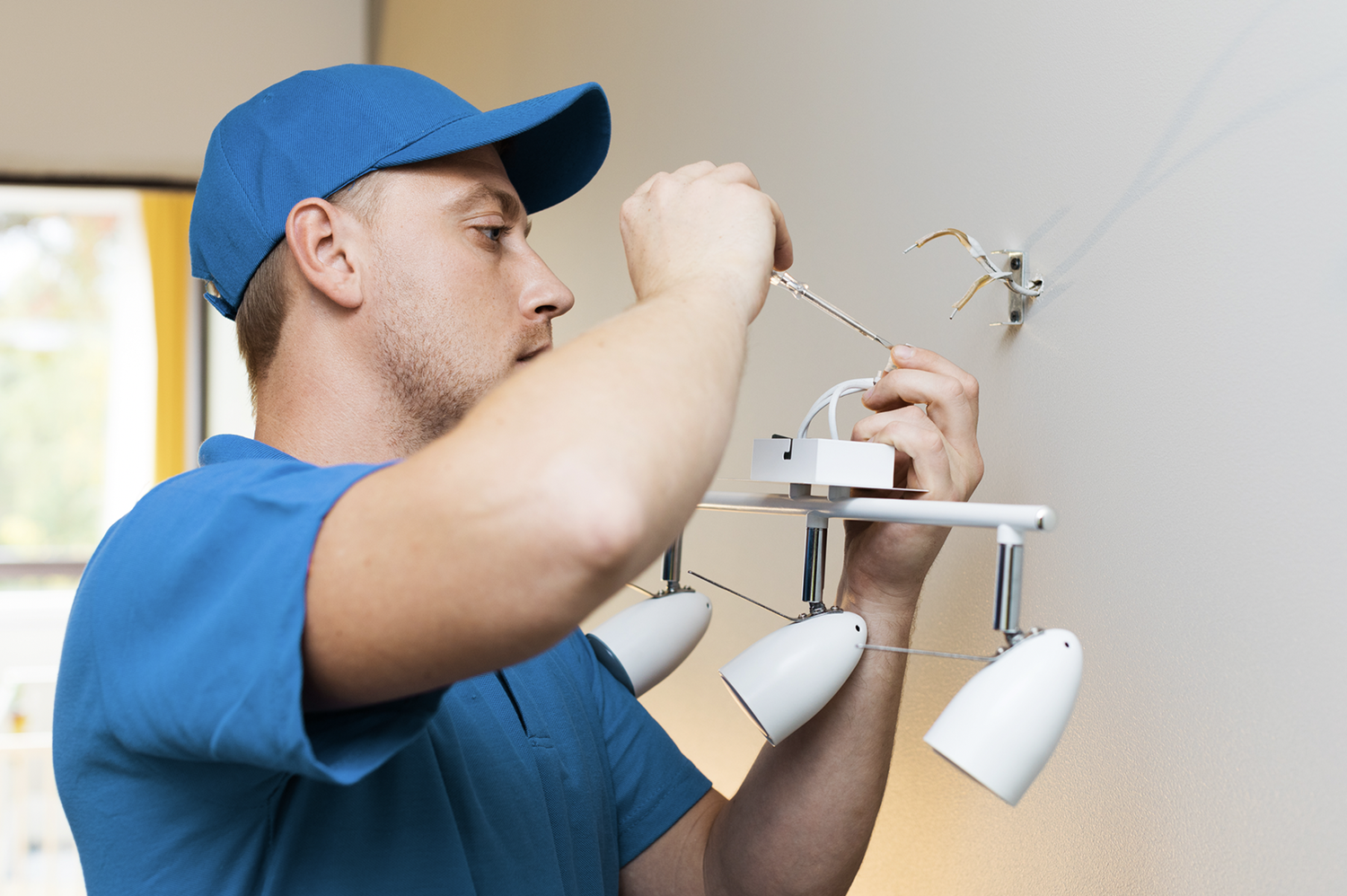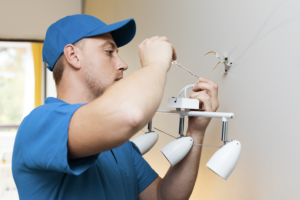Hot Cold Cups and Straws in London: A Dynamic Market Shaped by Convenience and Sustainability
n the ever-evolving city of London, where millions of people commute, socialize, and shop daily, the demand for on-the-go beverage packaging remains consistently high. Hot and cold cups, along with drinking straws, have become everyday essentials in the capital’s vibrant coffee culture, fast-paced food industry, and growing sustainability movement.
From artisan cafés in Shoreditch to national food chains in Piccadilly, the humble cup and straw play a significant role in the city’s food and beverage ecosystem. As consumer habits shift and environmental policies tighten, businesses and manufacturers in London are adapting rapidly to offer both functional and eco-conscious packaging solutions.
Types of Hot and Cold Cups
In London, hot and cold cups come in a wide range of materials and styles tailored to different customer and business needs. Let’s look at some of the most common options:
1. Hot Cups
These are primarily used for serving hot beverages like coffee, tea, and hot chocolate. They are usually made from:
- Paperboard with Polyethylene (PE) or PLA lining: These cups have a heat-resistant lining to prevent leakage. PLA (plant-based plastic) versions are compostable and more eco-friendly.
- Double-walled or ripple-wall cups: Designed for heat insulation, these are popular with coffee shops as they reduce the need for additional sleeves.
- Reusable takeaway cups: With Londoners becoming more environmentally aware, there’s been an increase in demand for reusable cups, encouraged by discount incentives from cafés.
2. Cold Cups
Used for iced coffee, smoothies, juices, and soft drinks, cold cups are typically made from:
- PET (Polyethylene Terephthalate): A clear, strong, and recyclable plastic ideal for displaying colorful drinks.
- PLA plastic or bioplastics: Compostable versions used by eco-conscious brands.
- Paper cold cups: Often used by festivals and outdoor vendors, paper cold cups can be lined with plant-based materials to ensure sustainability.
Straws: From Plastic to Plant-Based
For decades, single-use plastic straws were the norm in London’s hospitality industry. However, growing concern over ocean pollution and plastic waste has led to significant changes:
Plastic Straw Ban
As of October 2020, the UK government banned the sale and use of single-use plastic straws, stirrers, and cotton buds, with certain exemptions for medical needs. London, being a major metropolitan hub, was quick to adopt alternatives, driving innovation and demand in the market.
Eco-Friendly Alternatives
- Paper straws: Widely available, biodegradable, and offered in various designs. Though functional, they can become soggy if left in drinks too long.
- PLA straws: Compostable plastic-like straws made from corn starch, suitable for cold drinks.
- Bamboo or wheat straws: Fully natural, biodegradable options often used at upscale restaurants or eco-conscious events.
- Reusable metal or silicone straws: A growing trend among individuals and businesses aiming to reduce waste.
Trends and Consumer Expectations in London
As Londoners become more eco-conscious and regulations grow stricter, businesses must align their packaging choices with consumer values. Here are key trends:
1. Sustainability as a Selling Point
Customers increasingly expect cafés, restaurants, and event vendors to use recyclable or compostable materials. Many London coffee shops, including chains like Pret A Manger and independent roasters, now use biodegradable cups and straws as part of their green credentials.
2. Branding and Customization
Branded hot and cold cups are an important part of marketing, especially in London’s competitive food and beverage market. Businesses often customize cups with logos, slogans, and eco-labels to build brand identity and communicate environmental values.
3. Events and Festivals
With London hosting thousands of events annually, from music festivals to food fairs, demand for disposable yet eco-friendly beverage containers and straws is high. Suppliers often offer bulk discounts and compostable packaging solutions for these high-volume occasions.
Where to Buy Hot and Cold Cups and Straws in London
London has a robust network of packaging suppliers, wholesalers, and online retailers catering to businesses of all sizes. Some notable options include:
- London Bio Packaging: Specializes in sustainable and compostable food and drink packaging.
- Vegware: Offers an extensive range of plant-based hot/cold cups and straws used by cafés and caterers citywide.
- Biopac UK: A leading supplier of eco-friendly foodservice disposables in the UK.
- Capital Cups Ltd: Based in London, they provide customizable cups with fast turnaround for events and corporate branding.
- Booker and Costco Wholesale: Ideal for small-to-medium businesses looking for bulk packaging at competitive prices.
Additionally, platforms like Amazon UK, eBay, and Alibaba allow for easy ordering and delivery, especially useful for smaller enterprises or one-off events.
Challenges and Opportunities
Despite the clear push toward sustainable materials, the industry still faces some hurdles:
- Recycling Infrastructure: Not all compostable cups and PLA straws are accepted in standard recycling streams. London councils vary in their processing capabilities, leading to confusion among consumers.
- Higher Costs: Eco-friendly alternatives often come at a premium. While large chains can absorb these costs, smaller businesses may struggle without subsidies or incentives.
- Consumer Behavior: Even with sustainable options, the problem of single-use culture remains. Encouraging customers to adopt reusable cups and straws is still an ongoing effort.
However, these challenges also present opportunities for innovation. Startups in London are exploring closed-loop recycling systems, cup deposit schemes, and smart packaging technologies that could redefine how the city handles its drinkware.
Conclusion
In London, hot and cold cups, along with sustainable straws, have become more than just packaging—they reflect a broader cultural and environmental shift. As the capital continues to balance convenience with eco-consciousness, businesses must stay ahead of trends and regulations to meet customer expectations.
Whether through compostable cups, stylish reusable straws, or innovative branding, the future of beverage packaging in London lies in combining functionality with sustainability.












